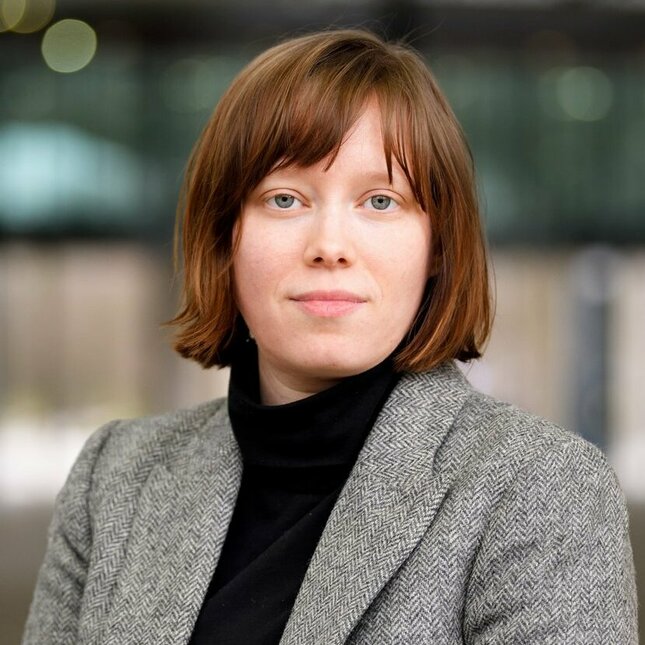
As a US citizen, I studied and did my PhD at Fordham University in New York. My first postdoc position was at Delft University of Technology. The Netherlands, especially Delft and Eindhoven, are at the global forefront of my research domain – the philosophy of science and technology – so I was very happy with my assignment. After two postdoc positions in Delft, I was looking to enroll in a tenure-track position, when I heard about the vacancy in Eindhoven. Because I already knew many people here through earlier collaborative work, I was very motivated to apply and am very pleased to have been working in the Philosophy and Ethics group in TU/e’s Department of IEIS since January this year.
In the area of Philosophy of Technology, I specialize in epistemology and philosophy of science. My work centers around the question ‘How do we know what we know”, and I am specifically focused on the role of modern day technology, for example social media, of determining what we know and do not know. So I have worked on explanation and recommendation systems and decision support systems. One example is a model that ship inspections in the Netherlands uses to determine which ship is most likely to violate certain regulation.
"People might worry that those women who are accepted may not be the best fit for the job. In my case, I don’t see this issue."
In my opinion, the Irène Curie Fellowship program is a good initiative which responds to a specific need. As with most technological disciplines, philosophy is strongly male-dominated, with less females in higher positions. Of course, people might worry – with this recruitment program being directed exclusively at females – that those women who are accepted may not be the best fit for the job. All I can say is that in my case, I don’t see this issue. I’m very confident about my qualifications and I’m sure that TU/e wouldn’t accept anyone who does not meet the standards of the positions.
The program worked very well for me because it’s accompanied by an additional package. The ability to hire a postdoc from the start was very welcome, as were the opportunities for mentoring and coaching. These additional benefits gave me the extra motivation to accept this job at TU/e (as I had a choice between other opportunities at the time).
In the short time I’ve been working here at TU/e, my experience has been great. I enjoy teaching my master’s course and I’m very fortunate to have many excellent and very agreeable colleagues to work with. I do realize, however, that this fellowship is a new way of promoting a more welcoming and diverse culture at TU/e, and I’ve experienced some resistance to this program on some occasions. Not everyone I meet is happy with or has accepted the program, which can lead to discussions. But overall, people are very open to more women in the scientific staff.
So, I very much support the Irène Curie Fellowship program as one of the ways to create a more diverse and welcoming culture at TU/e. Right now, too many meetings and committees that deal with the department chair, teaching schedules or interdepartmental meetings (amongst other things) consist solely of men, no women. These things will change when more women are employed, which will have a positive effect on the welcoming culture at TU/e.